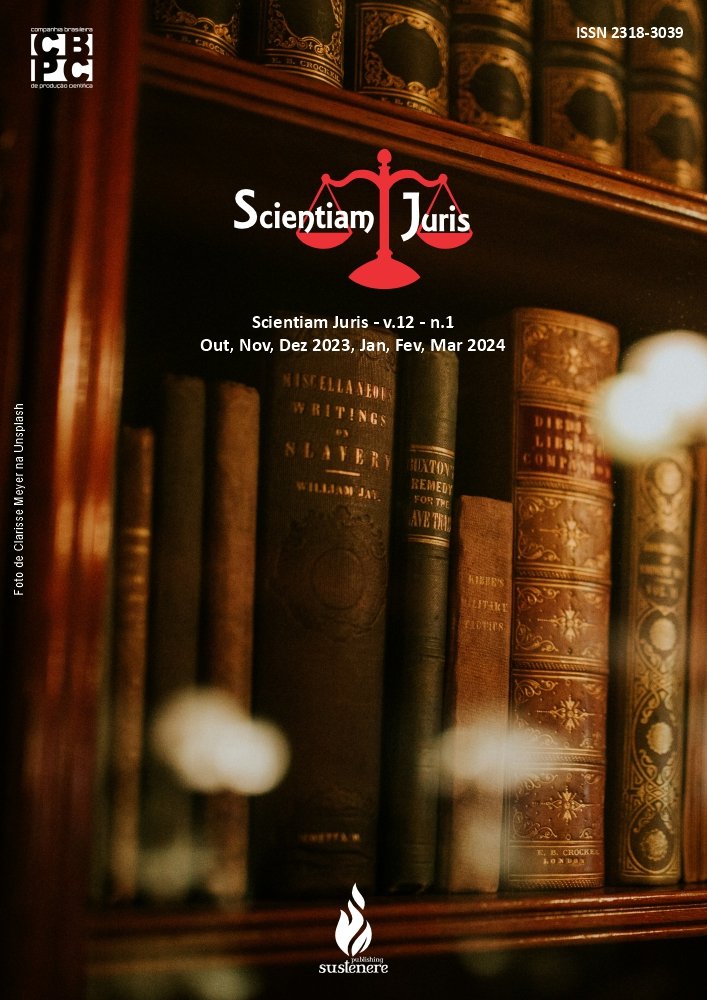Positive breach of contract and attached duties: legal aspects and implications in Brazilian law
DOI:
https://doi.org/10.6008/CBPC2318-3039.2024.001.0004%20%20Keywords:
Civil Law, Positive Breach of Contract, Principle of Good Faith, Attached Duties, Side Duties, Fiduciary DutiesAbstract
This study addresses the question of how positive breach of contract and attached duties affect the execution and interpretation of contracts in Brazilian law, reflecting a growing need to understand these dynamics in a context of increasingly complex commercial and civil relations. The research sought to investigate the nature and effects of these violations, offering a detailed doctrinal analysis and a review of case law and higher court decisions to provide a comprehensive view of the topic. In the theoretical review, the article explores the evolution of positive breach of contract, originating in German doctrine and adapted to Brazilian law, reflecting its importance in responding to the limitations of defective fulfillment of contractual obligations. It is distinguished by its imperfect execution, which goes beyond mere omission, affecting the substance and purpose of contractual obligations and requiring an adequate application of legal remedies. The attached duties, such as information, protection, and cooperation, appear as relevant extensions of the express obligations, fundamental to the integrity of contractual transactions. Methodologically, the research employs a mixed approach, focusing on doctrinal and jurisprudential analysis. The selection of court cases is guided by criteria of legal relevance, diversity of applications and timeliness, with special emphasis on decisions of higher courts, to illustrate the contemporary application and interpretation of these concepts. The results discuss emblematic cases that illustrate the practical application of the principles of positive breach of contract and attached duties. Decisions that emphasize the need for ethical and honest behavior at all stages of contractual execution stand out, protecting legitimate interests and promoting the integrity of legal relationships. The conclusions highlight the essentiality of these concepts for legal practice, highlighting the need for legal professionals to adopt constant vigilance and a proactive approach when negotiating and reviewing contracts. Furthermore, it identifies areas for future research, such as international comparative studies and empirical analyses, which could enrich the understanding and application of these standards in Brazilian contract law.
Downloads
Downloads
Published
Issue
Section
License
Copyright (c) 2024 Scientiam Juris

This work is licensed under a Creative Commons Attribution-NonCommercial-NoDerivatives 4.0 International License.
The CBPC - Companhia Brasileira de Produção Científica (Brazil CNPJ: 11.221.422/0001-03) the material rights of the published works. The rights relate to the publication of the work anywhere in the world, including rights to renewals, expansions and dissemination of the contribution, as well as other subsidiary rights. All electronically published works may subsequently be published in printed collections under the coordination of this company and / or its partners. The authors preserve the copyright, but are not allowed to publish the contribution in another medium, printed or digital, in Portuguese or in translation.








